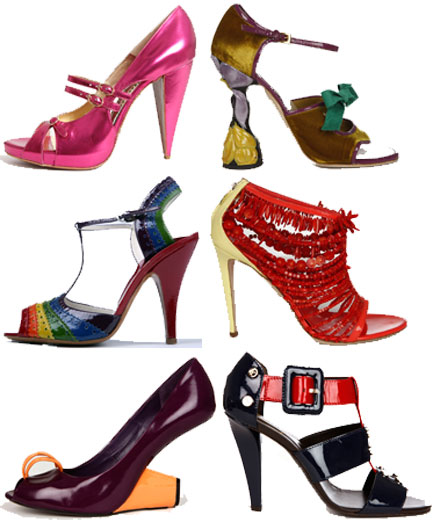Japan is full of katakana English that has no real meaning in English. Like “service,” which refers to a small business giving the customer a freebie, often spontaneously as a reward for being a loyal customer. Sitting in Shinjuku Gyoen, enjoying hanami with several friends, I learned a new slang, “skinship.” That refers to building friendship through touching. Since touching is somewhat rare in public, borrowing from English is considered somehow appropriate. I explained to my friend the difference between “touching” and “groping.”
grope
日本語はちょっと難しい、ね

It’s easy to make hideous mistakes when you are learning Japanese. Switch a vowel or add an extra syllable and you’re innocent remark has quickly turned unseemly. Here’s two examples.
A few months back, my sister-in-law, who loves shoes, was visiting. The expression on her face made it clear that what I thought was a complement had come out terribly wrong.
「けつはきれいです」 Ketsu wa kirei desu.
What I meant to say was, “I like your shoes.” 「靴はきれいです」Kutsu wa kirei desu. Unfortunately, ketsu means “ass.”
Another time, finishing ceramics class, I cheerfully told my father-in-law, 「お触りました」Osawarimashita.
What I meant to say was, “I am done.” 「終わりました」Owarimashita. Both in-laws and my husband stared at me, and I realized I did it again. Fortunately, father-in-law has a sense of humor, and demonstrated “osawarimashita” (“touch” or “grope,” made strangely formal by the addition of “o”) by pinching my ass.
As I stumble my way learning Japanese, I am fortunate to have such a welcoming (and forgiving) family.